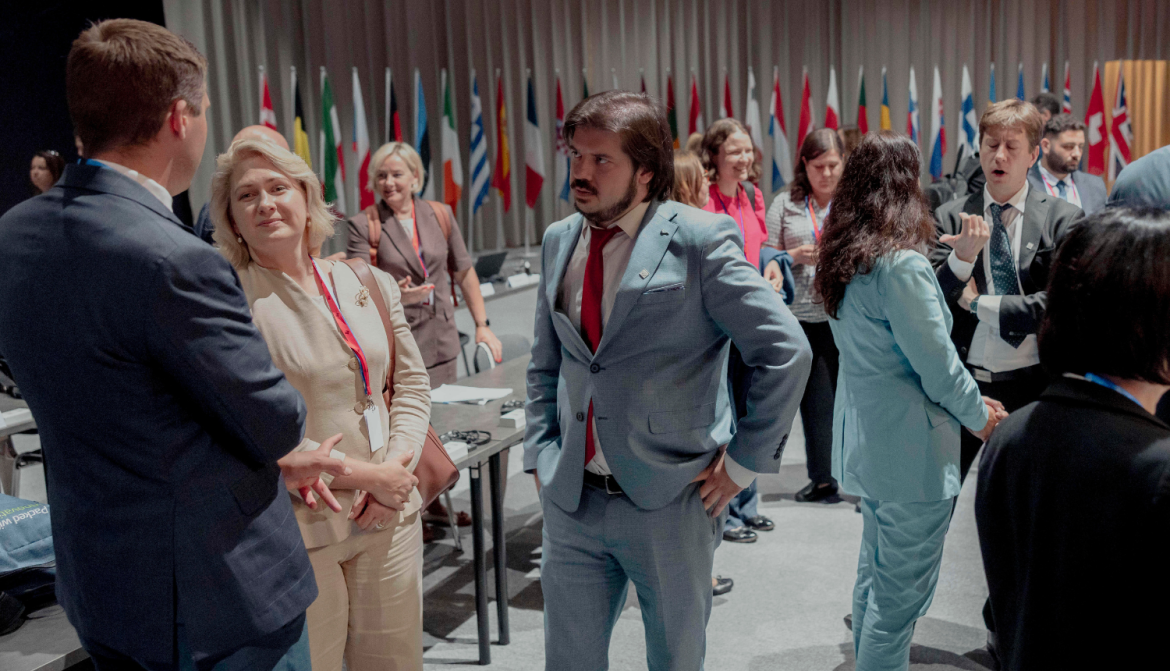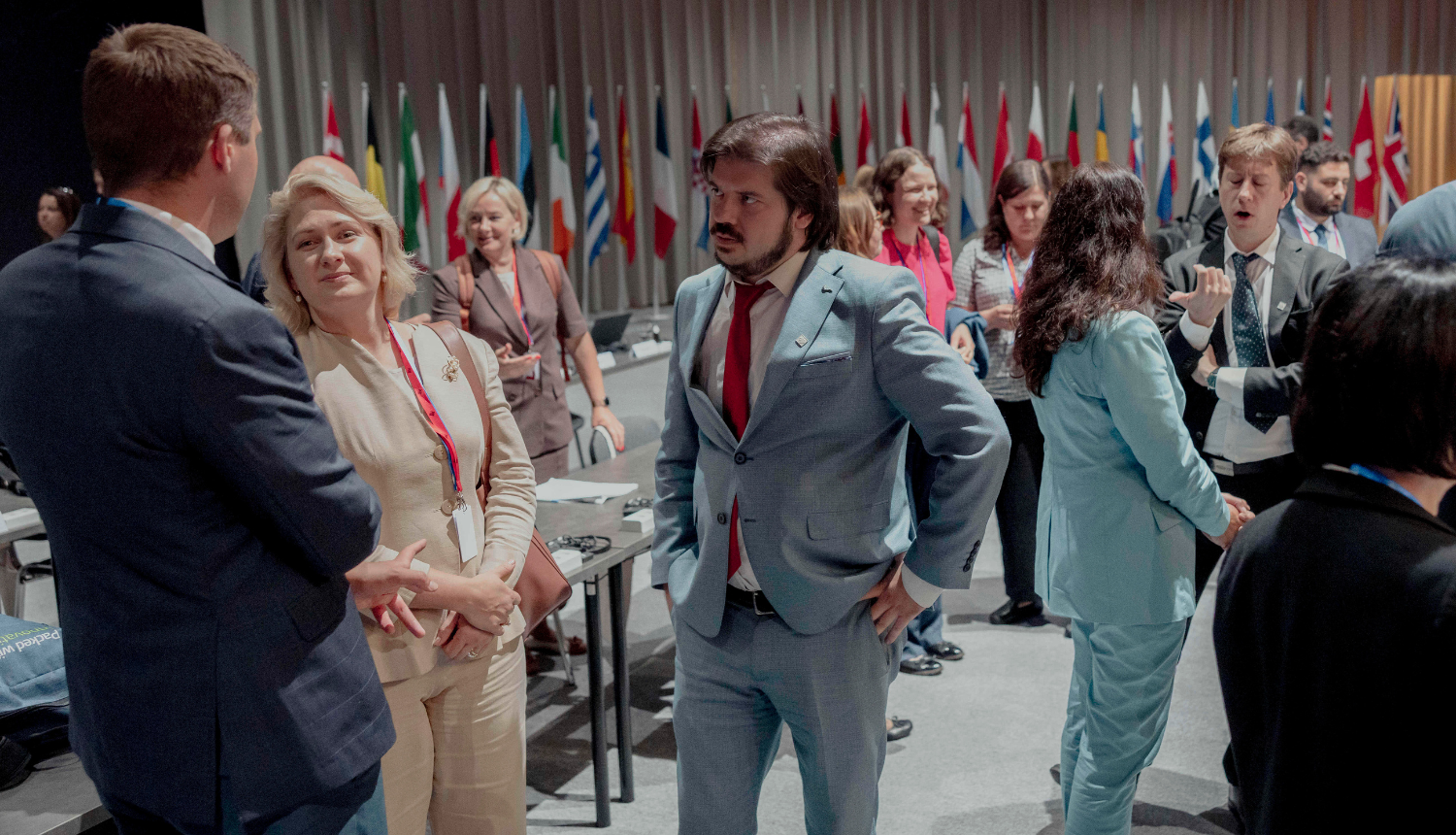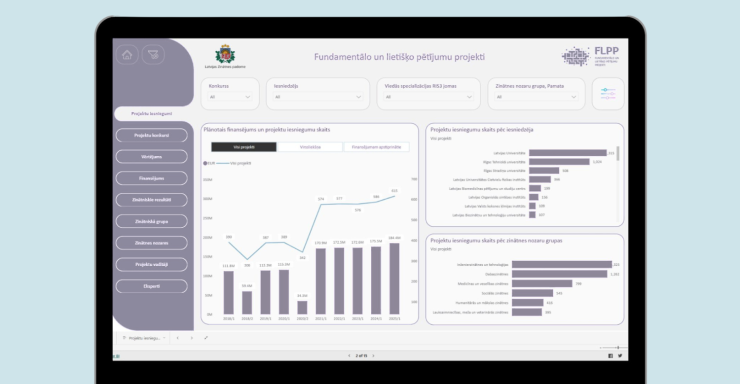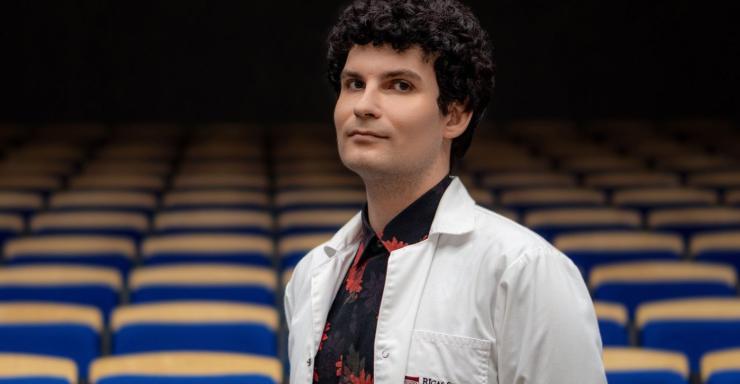On July 16–17, Jānis Paiders, State Secretary of the Ministry of Education and Science of Latvia, participated in the informal meeting of European Union (EU) research ministers in Copenhagen, Denmark. The ministers and officials responsible for research discussed joint European action in developing critical technologies and the role of research and innovation in the EU’s next Multiannual Financial Framework, including the future of the EU’s research and innovation framework programme, Horizon Europe.

State Secretary Jānis Paiders emphasised the ability of Latvian scientists to contribute to high-level research in fields such as quantum technologies, photonics, sensors, electronics, robotics, advanced connectivity, and advanced materials. Therefore, EU-level mechanisms must support the inclusion of talent from across Europe in international research consortia, thereby enhancing the impact of such research and the transfer of knowledge to industry. Ekaterina Zaharieva, European Commissioner for Startups, Research, and Innovation, presented the recently published proposal for an EU Competitiveness Fund and a stand-alone Horizon Europe programme for the period 2028–2034, which envisions €175 billion in investments in research and innovation. The Commissioner highlighted the programme's ambition and its increased focus on commercialisation and innovation, which will strengthen the EU’s global competitiveness. Regarding the upcoming Competitiveness Fund and its thematic pillars, the Latvian delegation expressed support for consolidating innovation activities within thematic technological pillars, while also calling for continued investments in low Technology Readiness Level (TRL) projects through collaborative calls under the Horizon Europe framework programme. Mr. Paiders specifically stressed that the cornerstone of the next EU research and innovation programme must be collaboration-based research funded under the rules of Horizon Europe. It is essential to maintain a balance between fundamental and applied research, as well as between bottom-up (knowledge-driven) and top-down (application-driven) research approaches. Latvia also emphasised the need to reduce the research and innovation gap among EU Member States by ensuring an ambitious share of the budget for the Widening Participation instrument, which should not be lower than in the 2021–2027 period. As of July 1, Denmark has assumed the rotating Presidency of the Council of the European Union, and therefore, the informal meeting of research ministers took place in Copenhagen.


